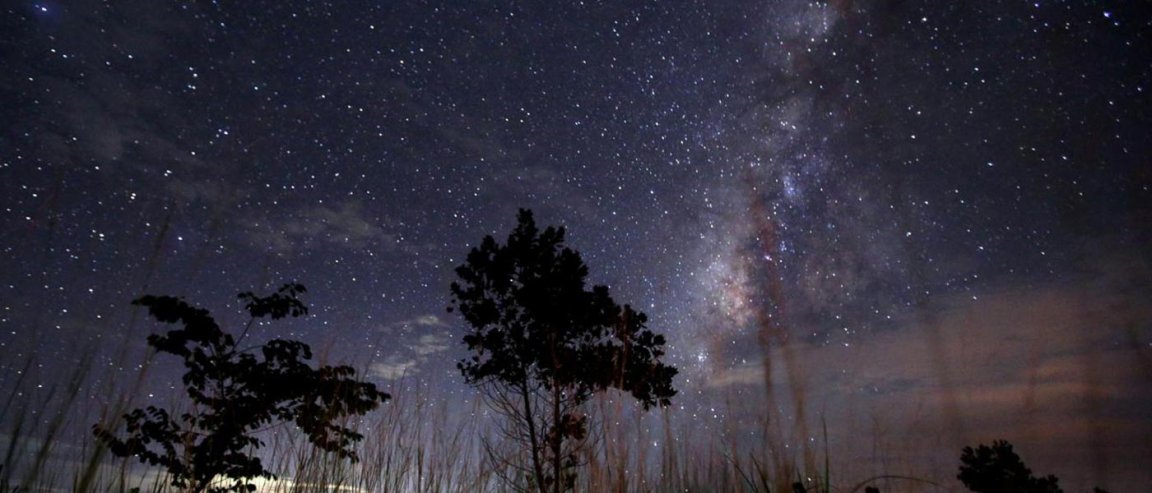
Hello, Tabby?
It looks like the world’s most powerful SETI (Search for Extraterrestrial Intelligence) program, Breakthrough Listen, is tuning in on the universe’s strangest star.
The $100 million dollar funded ten-year program is devoting hours of its time on the Green Bank radio telescope to detect signals coming from Tabby’s Star (KIC 8462852) — which caught the attention of astronomers and the world in September 2015.
“We can look at it with greater sensitivity and for a wider range of signal types than any other experiment in the world,” said Berkeley SETI Research Center director and co-director of Breakthrough Listen, Andrew Siemion,
This program isn’t the first to focus its attention on the supposed “alien megastructure” star. “Everyone, every SETI program telescope, I mean every astronomer that has any kind of telescope in any wavelength that can see Tabby’s star has looked at it,” said Breakthrough Listen funder Yuri Milner.
Still, it’ll be worth eight hours of nightly attention, for three nights over the next two months. The observations start tonight, October 26, using newly installed state-of-the-art SETI instruments on Green Bank.

Is Anyone Listening?
By the end of three months, Breakthrough Listen expects to collect around 1 petabyte (1,000 terabytes) of data from Tabby’s Star. These will then be studied in collaboration with other experts. And hat’s going to take some time.
But just how likely is the discovery of an intelligent alien civilization capable of building some kind of megastructure around a star, to harness its energy? “I don’t think it’s very likely – a one in a billion chance or something like that,” said Dan Werthimer, Berkeley SETI’s chief scientist. “But nevertheless, we’re going to check it out.” It must also be said that if we do detect signals, they could be from sources other than aliens.
And that’s how scientific research works. Investigation into every possible scenario and circumstance is necessary prior to any meaningful discovery. Besides, probability dictates that aliens live in a number of worlds in our universe.
Maybe we just haven’t discovered the right one.